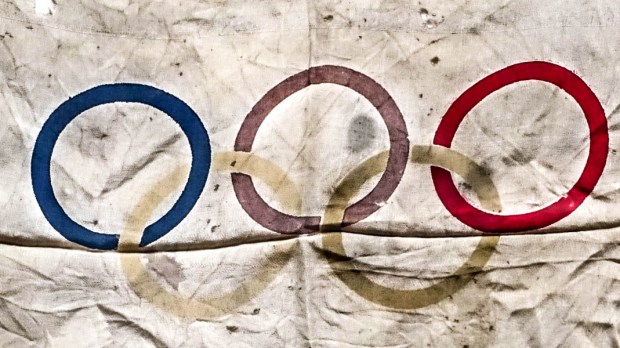The 2018 Olympic Winter Games are well underway and athletes all around the world have gathered for honorable competition in some of our favorite frigid events. While we watched the US snowboarders gather up the gold medals, we couldn’t help but think of how much the Olympics have changed in their long and storied history.
Of course, the Winter Olympics only began in 1924. Back in the ancient times the games always took place in the Mediterranean region, where the climate is much more temperate year round. So they would have no opportunity to learn how to bobsled or curl. These are athletic traditions were incorporated from around the “new” world, bringing us the spectacle we see today
We looked further into the subject and were astounded at how different the Olympic Games once were.
Victorious athletes were thought to have been favored by the gods.
While today we recognize that Olympic athletes were blessed with gifts from God, we also recognize that an amount of super-human resolve and lifelong training is what makes a great athlete. In ancient Greece, a gold medalist was viewed as a Herculean marvel who could do no wrong. They received a free meal every day for life in the town hall and also enjoyed rock-star treatment with their own bathing facilities and attendants.
There once was no stadium.
The original Olympic stadiums were just rectangular running tracks, where athletes would compete. There were no accomodations for spectators. Even when the Greeks created an area for people to spectate, it was not comfortable. The people who traveled far to watch the events would have to stand for the whole time. These “standing room only” areas were known as stadion, or “the standing place.” The word gradually evolved to become today’s stadium.
The Olympics have a much bigger fan base now.
The largest ancient stadium could hold 45,000 spectators. The record for largest attendence occurred at the 1996 Olympic Games in Atlanta. They sold 8.3 million tickets, which translates to about 500,000 spectators each day. Thanks to television the Olympics are broadcast worldwide, giving them the potential to reach billions.
We are much more diligent with our records than before.
While we record the results of every athlete who competes now, in ancient times only the victors were deemed worthy enough to remember. Even the records of gold medalists are not complete. There was a long stretch of some 293 Olympiads from 776 B.C. to 393 A.D. in which 4,760 events were contested. Of these, we only have records of 1,029 victories, which constitutes less than 22 percent of the total competitions. This means there could be an ancient champion who won more gold medals than Michael Phelps … but not likely.
Women had a separate festival.
Women had a separate set of games that took place every four years and was run by a committee of 12 married women from cities in the surrounding region. The competitors were all unmarried girls who would receive an olive wreath and a portion of the sacrifice to Hera if they won. Victors of this second festival, known as Heraia, were considered to be favored by Hera and were in high demand for marriage.
The Heraia was also much smaller than the Olympics, with only 3 foot races. Each race saw a different age groups of girls, who would run on a track 5/6 the length of the men’s.

